by Hetty Blades and Rosamaria Cisneros, Coventry University (UK)
The Europeana Space Dance and Games Pilot joined forces and organised the 6th edition of the Digital Echoes Symposium. The event took place at Coventry University in the UK on Friday March 4th 2016. The day opened with a keynote by Professor Matthew Fuller (Goldsmith University) “Just Fun Enough to go Completely Mad About: on games, procedures and amusement” and welcomed a number of experts in dance, arts and humanities, and saw a range of practitioners who are critically engaging with archival material.
We invited contributions that considered the impacts of public/user participation on archival practice and research, and their legacy for the future. The symposium saw a series of presentations that ranged from a silent lecture by C-DaRE’s own PhD student, Emilie Gallier, whose instructions led participants to manipulate and dance with archival material, to case studies and projects by leading artists and researchers who are working in an interdisciplinary fashion of bringing Cultural Heritage and the arts and/or dance together through the use of archival practices. C-DaRE’s visiting researcher, Monica Dantas, also presented her work on the process of building a dance archive in Southern Brazil and referenced C-DaRE’s Siobhan Davies RePlay archive (http://www.siobhandaviesreplay.com/sdda) as a key pillar of her research.
In addition to organizing the event, the Pilots set up their applications and allowed delegates to engage with the tools. The two applications DanceSpaces and DancePro were on display as well as the Games Pilot’s casual, educational and social games. The Europeana Space corner was frequented throughout the day and many participants spoke with the Pilot coordinators to gain more knowledge on Europeana, Europeana Space and its various activities.
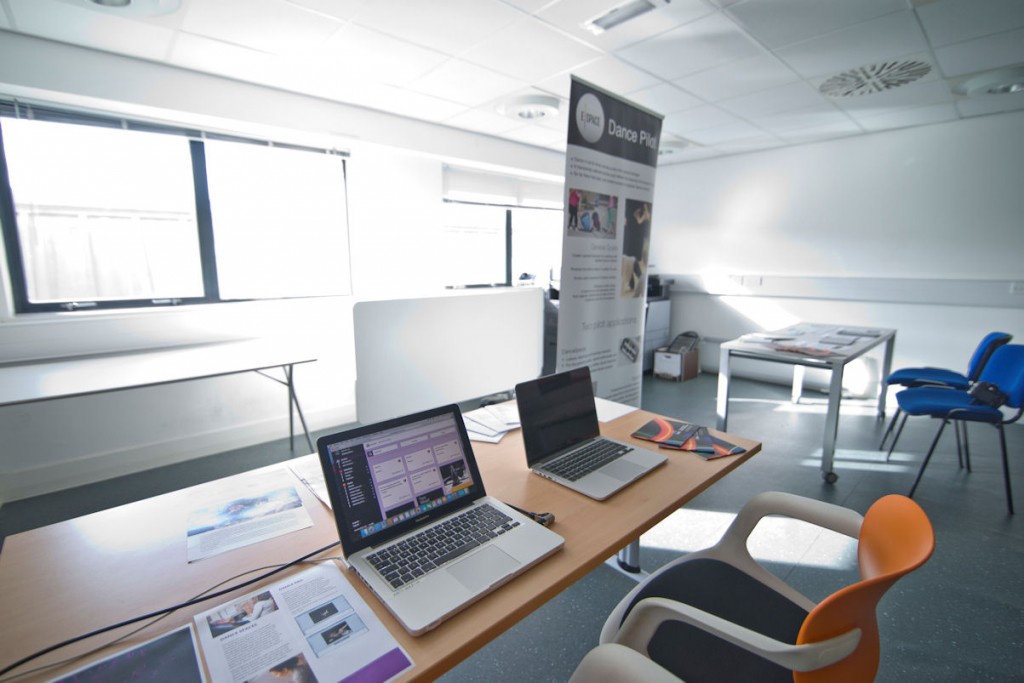
The event titled (Re)Collecting the Past:(Re)Making the Future, focused on participation as one of the most prominent legacies of the digital, in particular how it invokes processes of collectivity, democratisation and decentering. The tools were a great asset to the day as they allowed users to see how the re-use of digital content can be (re)worked to support new ways of (re)making the future.
Learn more on the Dance Pilot: http://www.europeana-space.eu/dance-pilot/
Learn more on the Games Pilot: http://www.europeana-space.eu/games-pilot/
photos credit to Koko Zin


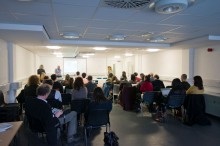













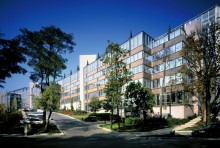
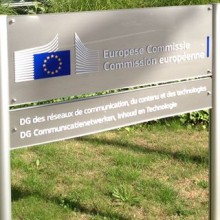 The third concertation meeting for on-going PCP projects in DG Connect, organised by the European Commission in Brussels on 10 March 2015, gave the opportunity to the attendees to network and share experiences on common issues that they face while implementing PCPs.
The third concertation meeting for on-going PCP projects in DG Connect, organised by the European Commission in Brussels on 10 March 2015, gave the opportunity to the attendees to network and share experiences on common issues that they face while implementing PCPs.
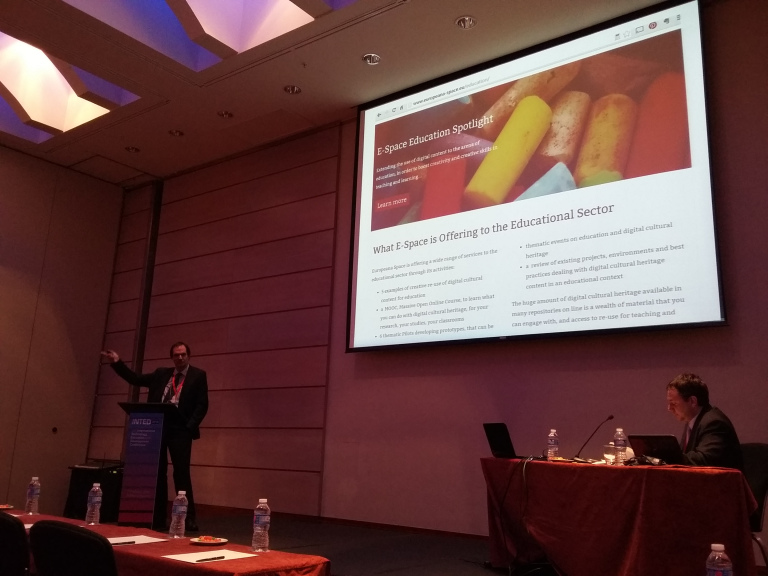 by Clarissa Colangelo, KU Leuven
by Clarissa Colangelo, KU Leuven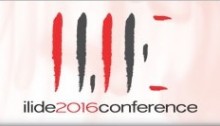

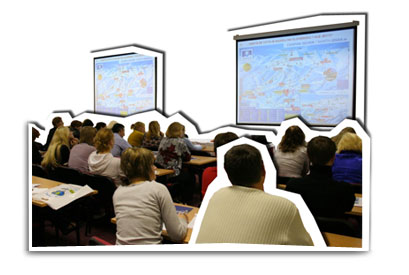 The conference is the continuation of well-known and prestigious Digital Library Conference. The organisers felt that the name should reflect the broader area of topics the conference has recently presented and ilide: Innovative Library in Digital Era fully represents the conference’s broader scope. However, the ilide2016conference is not losing its attractive atmosphere and remains a unique opportunity to connect with library professionals, who work in a variety of government, academic and private sectors.
The conference is the continuation of well-known and prestigious Digital Library Conference. The organisers felt that the name should reflect the broader area of topics the conference has recently presented and ilide: Innovative Library in Digital Era fully represents the conference’s broader scope. However, the ilide2016conference is not losing its attractive atmosphere and remains a unique opportunity to connect with library professionals, who work in a variety of government, academic and private sectors.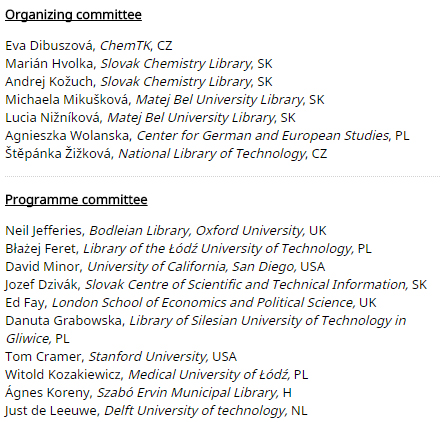
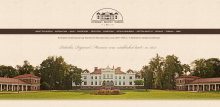
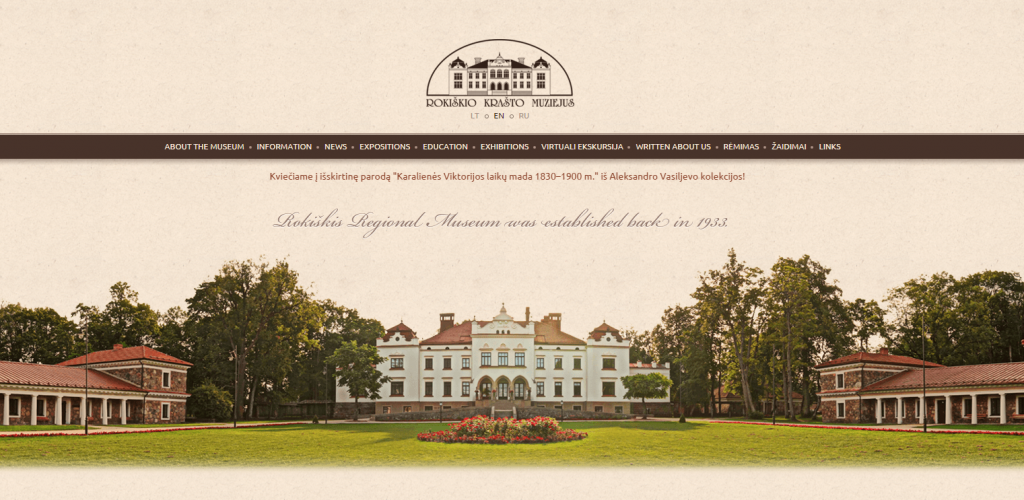
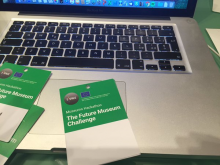
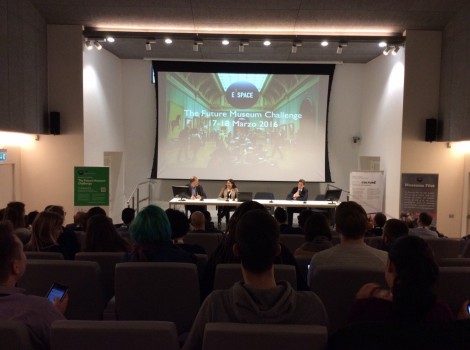













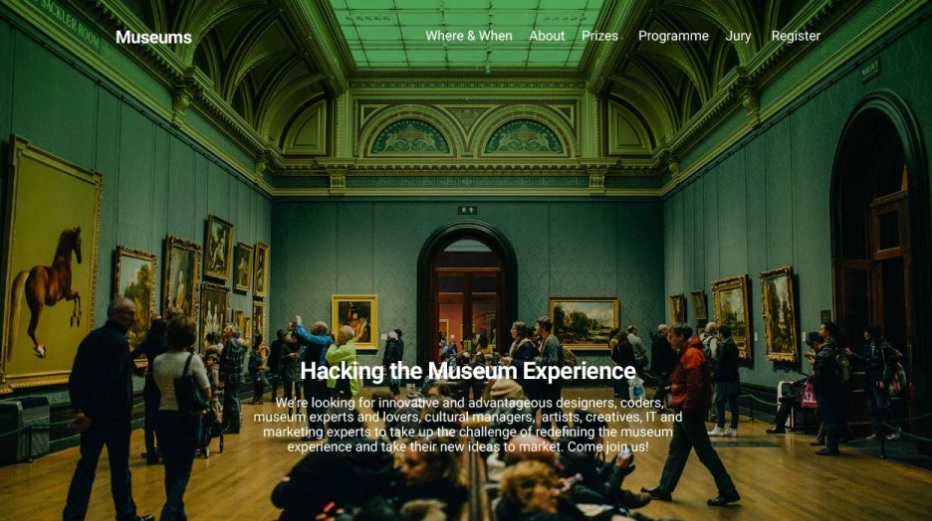
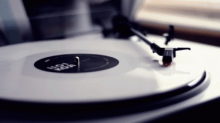
 A cooperation agreement was recently signed between E-Space and Europeana Sounds. The two BPN are joining forces under the common umbrella of Europeana to develop synergies and enhance the access, dissemination and reuse of digital cultural heritage. The scope of Europeana Sounds, that is also a Best Practice Network, is opening the gateway to Europe’s sound and music heritage is the core of Europeana Sounds.
A cooperation agreement was recently signed between E-Space and Europeana Sounds. The two BPN are joining forces under the common umbrella of Europeana to develop synergies and enhance the access, dissemination and reuse of digital cultural heritage. The scope of Europeana Sounds, that is also a Best Practice Network, is opening the gateway to Europe’s sound and music heritage is the core of Europeana Sounds.
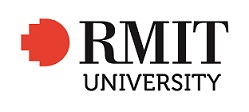 We are glad to announce that a Cooperation Agreement was recently signed between RICHES and RMIT Europe, for research exchange and cross dissemination.
We are glad to announce that a Cooperation Agreement was recently signed between RICHES and RMIT Europe, for research exchange and cross dissemination.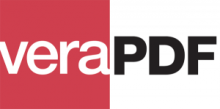
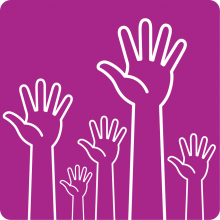
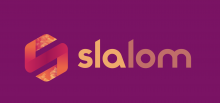 This workshop offers an opportunity to learn of progress in the standardization of Cloud contracts and SLAs by ISO-liaison body SLALOM and cloud procurement by PICSE, two EC-backed initiatives.
This workshop offers an opportunity to learn of progress in the standardization of Cloud contracts and SLAs by ISO-liaison body SLALOM and cloud procurement by PICSE, two EC-backed initiatives.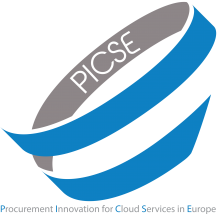 The European Open Science Cloud envisages a trusted, open environment for storing, sharing and re-using data and supporting Open Science practices.
The European Open Science Cloud envisages a trusted, open environment for storing, sharing and re-using data and supporting Open Science practices.































